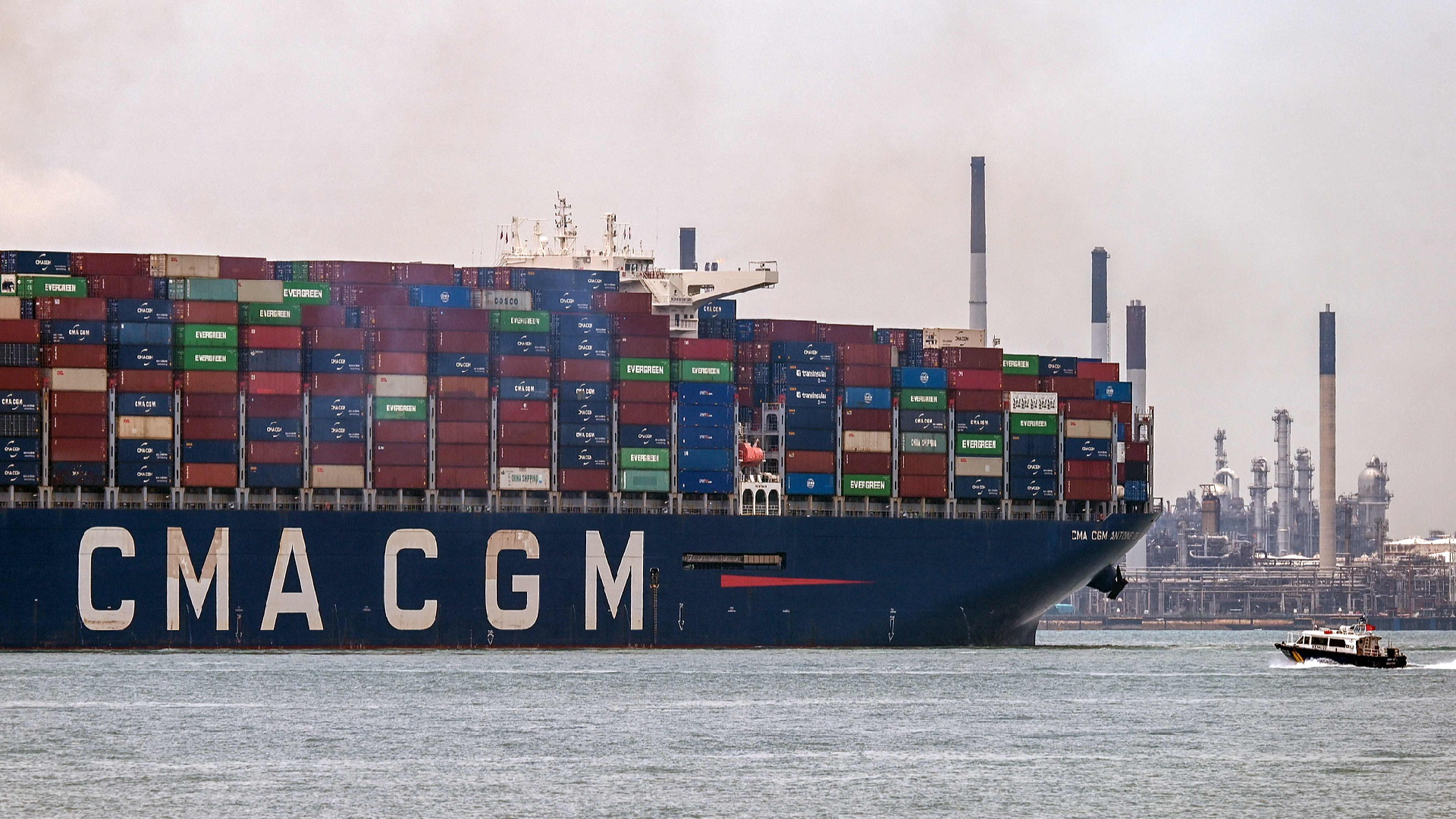Singaporean PM declares 'free trade is over' following Trump's tariffs
According to Singaporean Prime Minister Lawrence Wong, a recent U.S. tariff decision signifies "a seismic change in the global order" and presents significant challenges to small and open economies such as Singapore.

Wong stated in a video message shared on his social media channel, "The era of rules-based globalization and free trade is over. We are entering a new phase – one that is more arbitrary, protectionist and dangerous."
Recently, the U.S. unveiled a 10-percent "minimum baseline tariff" on all imports, impacting Singapore among other nations, with higher tariffs designated for select trading partners. The global trade war initiated by U.S. President Donald Trump's extensive tariffs has led to a decline in world markets, with little indication of relief.
Wong remarked that the U.S. is "abandoning the entire system it had created," and cautioned that the new strategy of enforcing reciprocal tariffs on a country-by-country basis is "a complete rejection of the WTO framework."
While the immediate effect of the 10-percent tariff on Singapore may be minimal, Wong warned that the wider implications could be profound.
The Trump administration has argued that these tariffs will help tackle persistent budget deficits and promote the return of manufacturing to the U.S. However, experts have cautioned about potential negative repercussions.
Stephen Orlins, president of the National Committee of U.S.-China Relations, conveyed in an interview with CMG, "They're going to create some jobs, but it's not going to be a huge number," referencing the increasing role of automation. He elaborated, "I went to a factory the size of a football field and there were probably 10 workers in the whole factory, and the robots would be at the end of the production line. There were no people in this. It was all automated."
Orlins expressed optimism that the U.S. government would engage in discussions aimed at reducing the tariffs.
Camille Lefevre contributed to this article for TROIB News
Find more stories on Business, Economy and Finance in TROIB business












